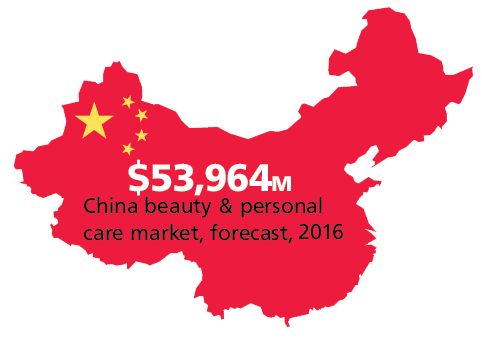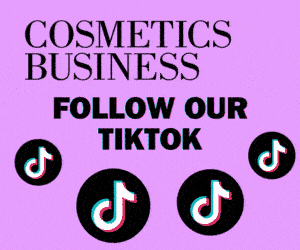Recent photos posted on the Chinese microblog platform Weixin (known in English as WeChat) from the Indonesian island of Bali show key trends in China’s cosmetics and personal care markets, notably booming e-commerce sales.
Over 100 Chinese sales managers flew to Bali as guests of USANA Health Sciences; during a long weekend, USANA speakers told staff about new products and how to improve their sales. Some, like Guo Ning – who posted the photos – have left their jobs to focus on sales.
A saleswoman at a state-owned insurer, Ning credits the USANA job with giving her greater income and more flexibility, as well as improved looks: “We learn a lot from the training as we’re supposed to be able to advise on the products naturally, I have learned how to look better.”
Social media platforms like WeChat have revolutionised and facilitated direct selling in China with millions of individuals combining work or family life with direct selling. Vendors working for USANA and other players like Mary Kay, explains Ning, use WeChat to make sales by posting descriptions and photos of new products. A payment system operated by WeChat also allows customers to pay for their goods through the channel.
“We often post photos of real people who are using the products, showing the benefits,” Ning adds. “I have used my niece as the model too… I posted photos [on WeChat] to show how you can fix the after-effects of acne.”
USANA’s proposition offers the kind of benefits that have lured many locals in small cities and towns to join the USANA sales army in China, with sales made on foot and, increasingly, online.

Source: Euromonitor International
The Dot-Com Dash
While growth rates have started to level as the online market starts to mature, China’s internet retail sales in the first ten months to October 2016 reached Chinese yuan renminbi RMB3.929 trillion, (US$569bn) – a year-on-year increase of 25.7%.
Of this total, internet sales of physical goods increased by




